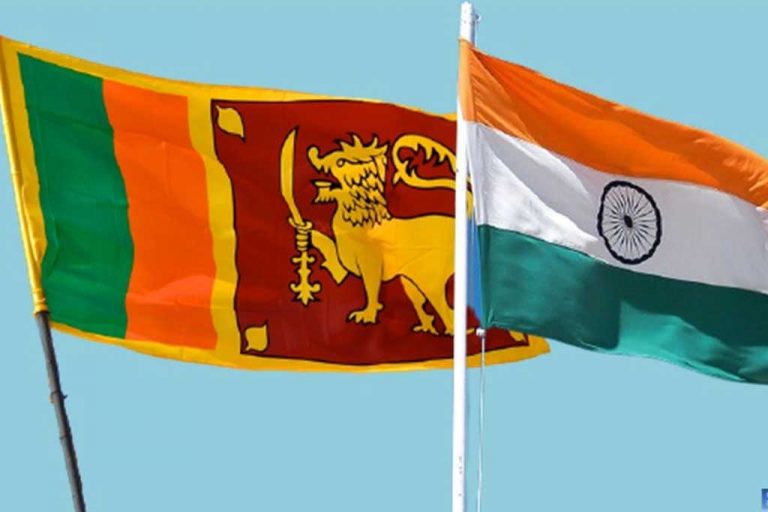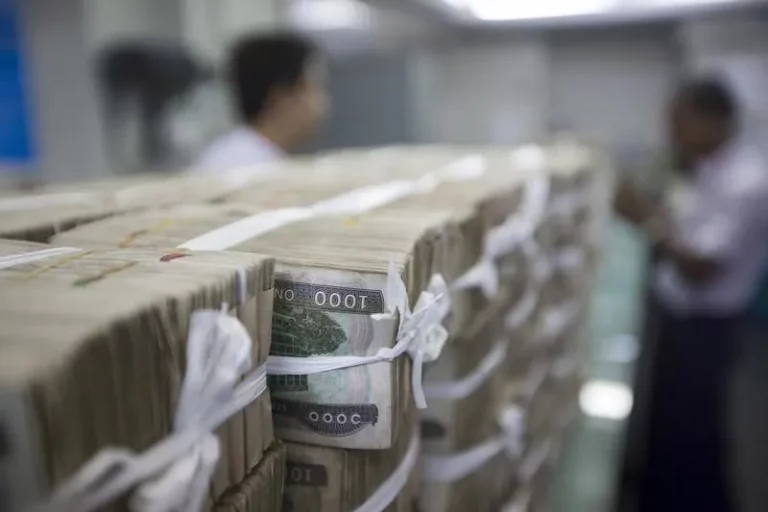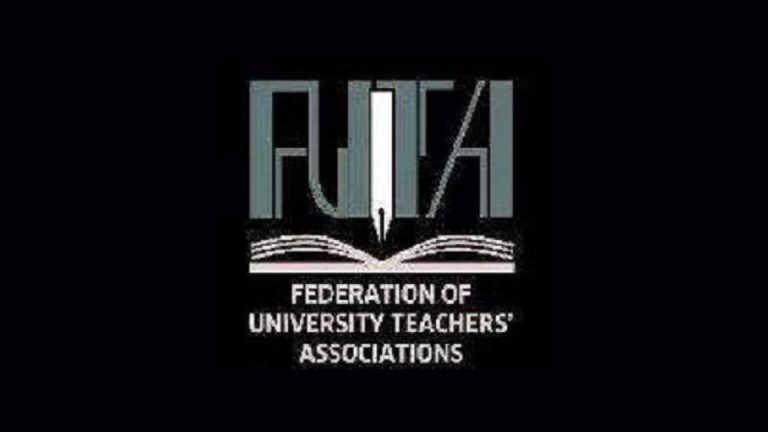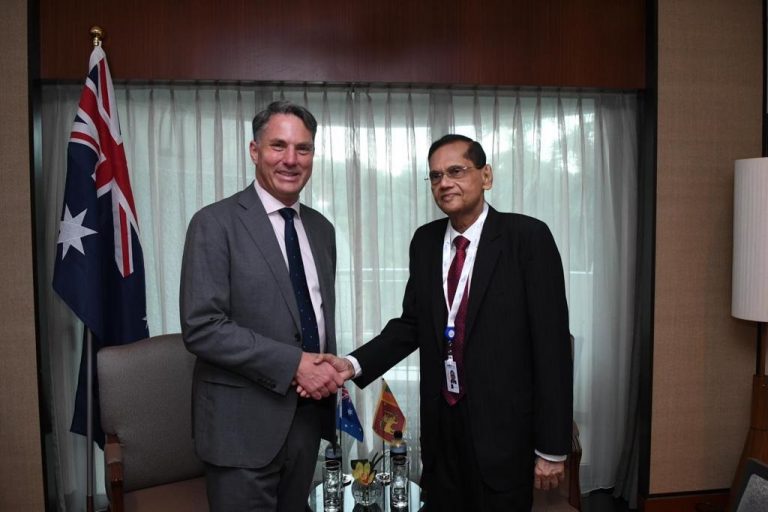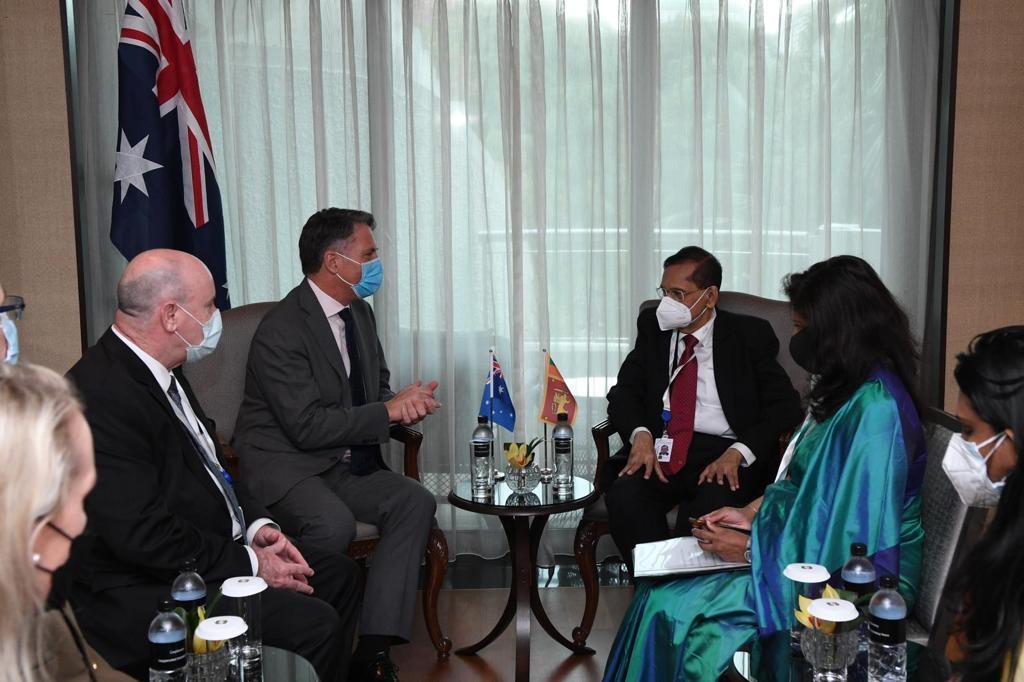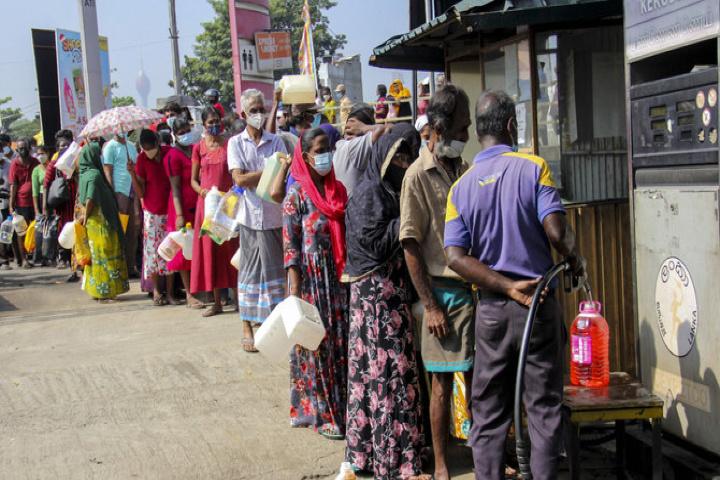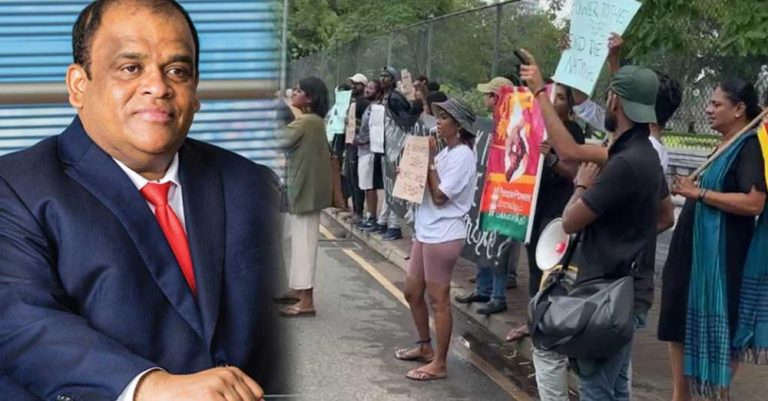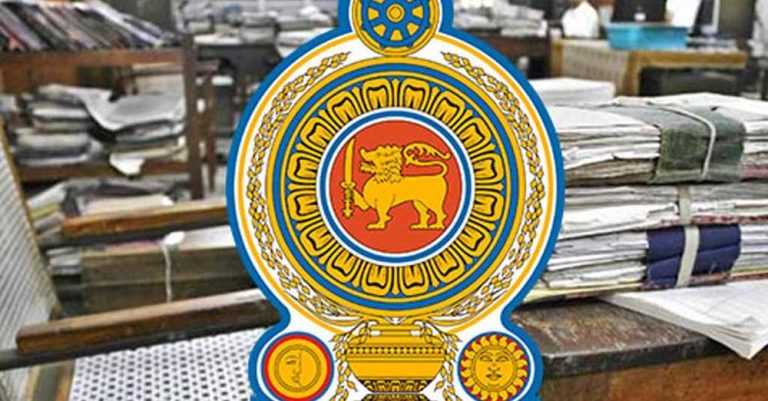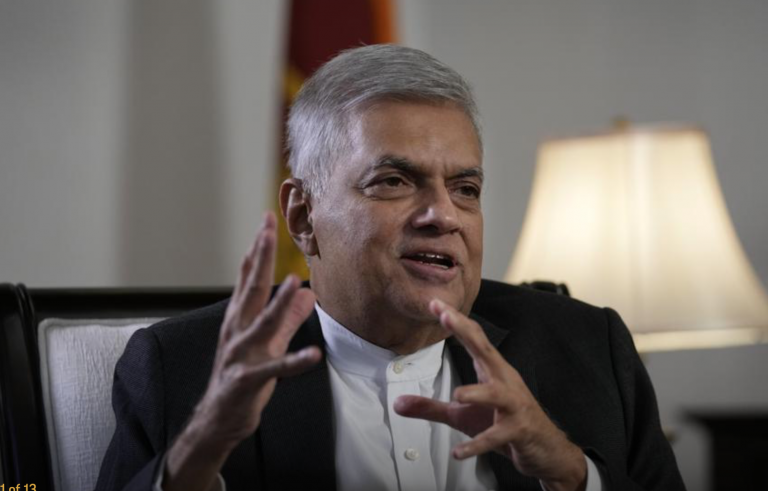Indian humanitarian aid and project investments for Sri lanka in the present economic crisis are expected to be taken for discussions at the upcoming Parliamentary Consultative Committee discussions ON External affairs in New Delhi, diplomatic sources said.
India’s External Affairs Minister S. Jaishankar will brief the Parliamentary Consultative Committee on External Affairs on June 18 over the ongoing crisis in Sri Lanka, Indian media reported.
Apart from Jaishankar, India’s Foreign Secretary and other MEA officers will be present at the meeting at the ministry office at 11 am.
During the meeting, the Indian government is likely to brief the members of Parliament on the economic crisis and the country’s neighbourhood policy and how and what kind of aid has been provided by New Delhi to Colombo.
These discussions are to be centred on Sri Lanka economic crisis amidst recent revelation a leading Indian Company’s involvement in the island nations wind power project in Mannar in the Eastern Province tainted with allegations of Indian government interference, media reports revealed.
Indian Congress Member of Parliament Rahul Gandhi has hit out at Indian Prime Minister Narendra Modi’s Government stating that the Bharatiya Janata Party’s cronyism has now crossed the Palk Strait and moved into Sri Lanka.
He was quoting a report where Sri Lanka’s Electricity Chief had told the country’s Parliamentary Watchdog COPE that President Rajapaksa told him that Prime Minister Narendra Modi Insisted that the Wind Power Project be awarded to India’s Adani Group.
M.M.C. Ferdinando, the Chairman of the Ceylon Electricity Board stated that he made this statement at the COPE meeting mistakenly.
In this back drop the members of the Parliamentary Consultative Committee include Congress MP Rahul Gandhi, Shiv Sena Rajya Sabha MP Priyanka Chaturvedi, DMK Rajya Sabha MP Tiruchi Siva, and BJP MP from Silchar Dr Rajdeep Roy, will meet to discuss Sri Lanka economic crisis
Members of the Parliament including from Tamil Nadu are expected to ask the government about the impact of the Adani Company’s wind power project deal and the alleged Indian government interference that will have on the subcontinent.
Tamil Nadu government has also sought the consent from the Centre to help out Sri Lanka in this crisis and has also sent consignments of medicines and other humanitarian assistance to Sri Lanka.
India is becoming a stronger and more mutually beneficial partner to Sri Lanka. Apart from assistance during the pandemic and fertilizer chaos, India is also donating basic products to island nations.
On June 3, Indian High Commissioner to Colombo Gopal Baglay handed over a total of 3.3 tons of essential medical supplies to the 1990 Suwaseriya Ambulance Service.
Baglay said that Jaishankar was apprised of the looming shortage of medical supplies faced by the Foundation during his visit to the Suwaseriya Headquarters in Colombo in March 2022.
Earlier on May 27, Acting High Commissioner of India in Sri Lanka Vinod K Jacob handed over a consignment of over 25 tons of medical supplies to Minister of Health, Keheliya Rambukwella in Colombo.
Taking to Twitter, the High Commission of India in Sri Lanka said that the consignment is valued at close to Rs 260 million.
These humanitarian supplies are in continuation of the Government of India’s ongoing support to the people of Sri Lanka in multiple forms such as financial assistance, forex support, material supply and many more.
e efforts prove that Indian Prime Minister Narendra Modi’s ‘Neighborhood First’ policy which places people-to-people engagement is still active, the report said

